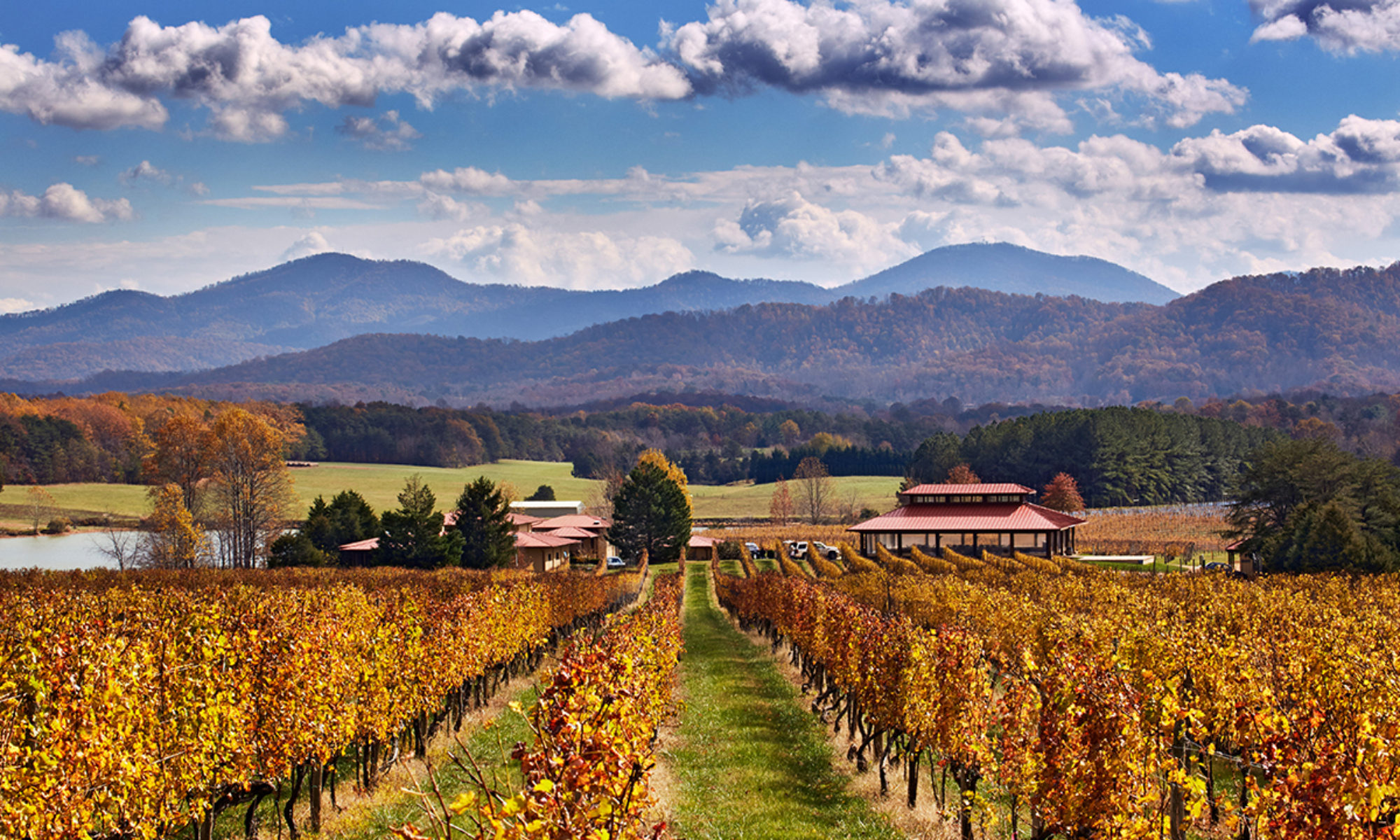Dry Mill Vineyards and Winery
- One of the closest wineries to Leesburg, and so fairly popular. A small winery with production under 2,000 cases a year. Occupies the former site of the Loudoun Hunt Club, and horses adorn the winery’s signs and labels. First planted in 1997 under the name Short Hills winery, selling grapes to other wineries. Shifted to making its own wine in 2008, and now not using its own grapes but buying them in (including from Short Hills Vineyard in Lovettsville, which is under the same ownership). Owned by Dean and Nancy Vanhuss. As a snapshot of winery economics and popularity, the current owners purchased the winery for $495,000 in 2004, and it is now on the market with an asking price of $1.65 million.
- Wine. Tier II. Awarded five silver medals and three bronze medals at the 2020 Virginia Governor’s Cup competition. Have not presented at wine competitions since 2020. Fairly standard selection of half a dozen each whites and reds, focused more on single varietals than blends. Offerings include two different types of Chardonnays (oak and steel aged), and both Norton and Chambourcin (the Gamay-like grape, with similarities to Beaujolais) among the reds.
- Setting. Small, friendly place. Owner Dean Vanhuss often does the tastings personally, and reviews consistently applaud the level of attention to clients. No extensive views as one finds at some other Loudoun wineries. Crackers, cheese and meats available.
- Stories. Native American Virginia history — The Tuscarora. Dry Mill is a small tributary of Tuscarora Creek, which flows through Leesburg on its way to the Potomac. Tuscarora Creek is named for the Tuscarora Indians, who passed through the area on their way to upstate New York from 1715 to 1722 after being defeated by the British in North Carolina. The Tuscarora were one of the more powerful eastern tribes at the time of the arrival of the Europeans, and were the southernmost members of the Iroquois confederation. Their main villages were in what became eastern North Carolina, along the Tar, Roanoke, Neuse and Pamlico Rivers. Their creation mythology centered around “Sky-Woman,” a goddess said to have fallen through a hole in the sky, and her sons, “Right Handed Twin” (the creator of humankind) and “Left Handed Twin.” Conflicts in the latter 17th century led to their defeat in the 1711-1713 “Tuscarora War” at the hands of settlers and English allies among other tribes, and some 1500 survivors migrated back north to rejoin other members of the Iroquois Confederation, becoming the sixth nation of the Iroquois in 1722. Along their passage north they left their name on many sites, including this creek in Loudoun County. Tuscarora Creek in present-day Martinsburg, West Virginia, records the site of one of their temporary villages they occupied during their trek.
